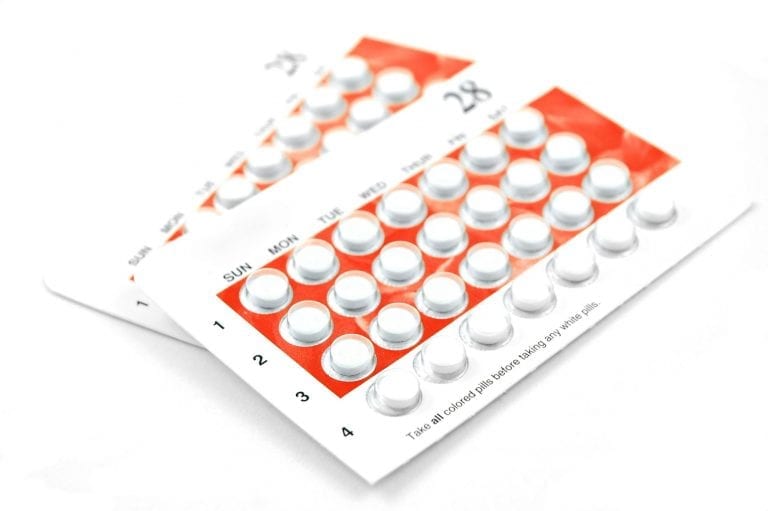The word cancer always strikes fear in our hearts and minds, but when it affects the uterus (womb), a woman’s life- giving organ, it’s even scarier. There are 2 types of uterine cancer: endometrial carcinomas (cancer that starts in the lining of the uterus) and uterine sarcomas (cancer that starts in the muscle layer of the uterus). Almost all uterine cancers are endometrial cancers.
Endometrial cancer is the most common gynecologic cancer, more common than cervical, ovarian, or vulvar cancer. A woman’s average lifetime risk of being diagnosed with endometrial cancer is 1/37. According to the American Cancer Society, about 54,000 cases will be diagnosed this year. Of that number, about 10,000 women will die from uterine cancers. These cancers most commonly occur in women ages 45 and older.
Warning Signs
Abnormal vaginal bleeding, such as a change in menstrual periods, bleeding in between periods or bleeding after menopause, is the most common warning sign for endometrial cancer. About 90% of women who have endometrial cancer have abnormal vaginal bleeding. This symptom may not always mean cancer, but it’s always important to see your nurse or doctor to get checked.
Endometrial cancer can only be diagnosed from a tissue sample taken from the uterus. This sample can be collected from tests such as an endometrial biopsy, performed in your health care provider’s office or a dilation and curettage (d&c), usually performed in a surgical suite.
The good news is that if endometrial cancer is caught early and has not spread, 5-year survival rates are high: 90% or more.
Manage Your Risks
To lower your risk for this cancer, maintain a normal, healthy weight, exercise, stop smoking and report any abnormal bleeding to your healthcare provider right away.
Did you know that using birth control pills lowers your risk of endometrial cancer? The pill controls estrogen levels, which protects the endometrium. Birth control pills can reduce the risk of endometrial cancer by 50%; the risk is minimized most in women who use the pill for a long time. And the protection continues for up to 20 years after stopping the pill.






Comments are closed.